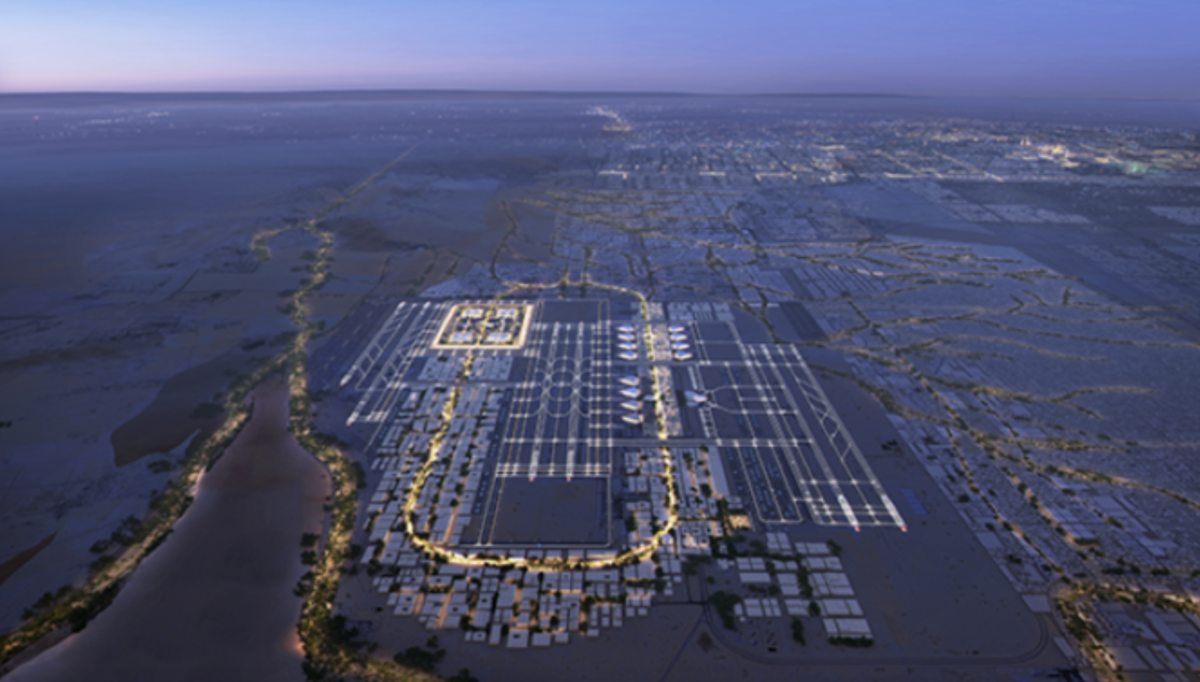CAIRO: Venture capital investments in the Middle East and North Africa reached $355 million in July, marking a 206 percent increase from June and a 260 percent rise year on year, according to recent data.
This growth highlights the region’s resilience in the face of global economic challenges and rising geopolitical tensions, including potential conflicts involving Israel and Iran.
Despite the broader uncertainties, the number of deals held steady at 38, indicating a stable investment environment, Wamda’s monthly report showed.
Anticipation of a US Federal Reserve interest rate cut in September is likely fueling renewed optimism, potentially enhancing market liquidity and investment appeal.
In July, startup debt financing made up less than 1 percent of total investments, suggesting a shift toward venture capital as a primary funding source and a recovery from earlier investment slumps.
Egypt emerged as the leading destination for venture capital, securing $185 million through seven deals, a substantial leap from June’s $15 million across four deals. This surge was driven largely by a single $157.5 million investment in fintech startup MNT-Halan.
The UAE followed with $96 million invested across 12 startups, while Saudi Arabia saw a sharp decline to $31 million from seven deals, falling behind Oman, where startup 44.01 raised $37 million.
Fintech continued to attract the most investment, drawing $181 million across 16 startups. Web 3.0 providers followed with $85 million in funding for two startups. The deeptech and cleantech sectors also saw notable investments, driven by significant funding rounds for 44.01 and Intelmatix.
While e-commerce did not lead in total investment, it remained competitive in deal volume, with six startups raising $15.7 million.
Overall, these figures underscore the MENA region’s strong position and growing appeal in the global startup ecosystem despite ongoing economic and geopolitical challenges.
In July, early-stage investments were the dominant force in the MENA funding landscape. Seed-stage startups attracted $96 million through eight deals, while Series A rounds garnered $91.7 million across an equal number of deals. Pre-seed investments were comparatively modest, with just $1.8 million raised by five startups.
The business-to-business model continued to be the primary focus for investors, drawing $345 million spread across 27 startups. In contrast, business-to-consumer startups secured nearly $8 million, and business-to-business-to-consumer companies raised the remaining funds.
Female entrepreneurship faced ongoing challenges, with only two female-led startups securing $270,000 in July. Mixed-gender co-founded startups performed somewhat better, attracting $20.5 million, while male-led startups received the majority of the funding.
The month also witnessed several notable mergers and acquisitions, particularly within the UAE. Significant transactions included BitOasis’s acquisition by India’s CoinDCX, Power League Gaming’s purchase by Muller & Phipps Middle East Group, and Lableb’s acquisition of Majarra.
Typically, investment activity slows during the summer months due to vacations and the hot weather. However, the funding momentum in the region is expected to pick up again in the last quarter of the year, a period when most deals are usually closed.
In an interview with Arab News, Philip Bahoshy, CEO of venture data platform MAGNiTT, shared optimistic predictions for the latter half of the year.
“If this coincides with post US elections, potential interest rates coming down, we can expect to have a very strong finish to the year in terms of both potential IPO (initial public offering) listings, late-stage investments, and continuous development at the early stage of the funnel,” Bahoshy said.
He added: “The second half of the year historically always tends to be stronger than the first, which is positive not only for Saudi Arabia, but the wider MENA ecosystem.”
Bahoshy anticipated a significant increase in startup investments in Saudi Arabia in the last quarter of the year, following a pattern similar to 2023.
He emphasized the long-term nature of these investments, stating, “A lot of initiatives are being done in Saudi Arabia to continue to attract not only startups but investors to the Kingdom.”
Bahoshy further noted: “These are long tail investments into the activity that’s happening in venture, especially with many funds looking to set up as well as the importance of highlighting talent acquisition to the Kingdom.”





























